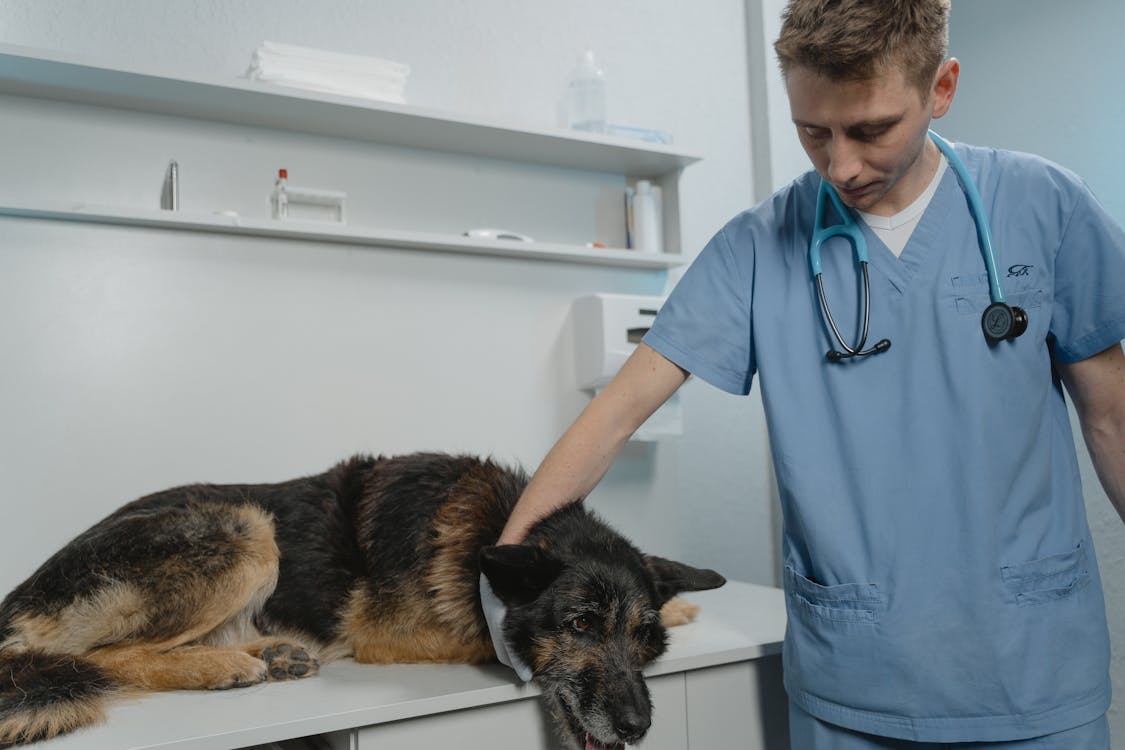Learn how acupressure can help alleviate nausea and vomiting during pregnancy. Our step-by-step guide will teach you how to apply pressure to specific points on your body to help ease your symptoms.
Nausea and Vomiting of Pregnancy: Treatment Options That Work
Description: Looking for effective ways to relieve nausea and vomiting during pregnancy? Here are some proven treatment options for nausea and vomiting of pregnancy that can help you feel better.
Introduction:
Pregnancy is a beautiful journey that can bring joy and excitement to any woman's life. However, it also comes with its own set of challenges, including nausea and vomiting. Nausea and vomiting of pregnancy, commonly known as morning sickness, can occur during any time of the day and can leave you feeling drained and uncomfortable. Fortunately, there are effective treatment options available to help you manage these symptoms and enjoy a smoother pregnancy journey.
In this article, we'll discuss some of the best treatment options for nausea and vomiting of pregnancy. From lifestyle changes to medications, we'll cover everything you need to know to feel better.
H1: Nausea and Vomiting of Pregnancy: Treatment Options That Work
H2: Lifestyle Changes That Can Help
If you're experiencing nausea and vomiting during pregnancy, making some simple lifestyle changes can help alleviate your symptoms. Here are some tips to try:
Eat small, frequent meals: Instead of having three large meals, try having five to six smaller meals throughout the day. This can help prevent your stomach from getting too empty, which can trigger nausea and vomiting.
Avoid triggers: Certain foods and smells can trigger nausea and vomiting. Try to identify what triggers your symptoms and avoid them. Common triggers include spicy or fatty foods, strong smells, and caffeine.
Stay hydrated: Dehydration can worsen nausea and vomiting. Make sure you drink plenty of water throughout the day, and try to avoid sugary drinks.
Get plenty of rest: Fatigue can also make nausea and vomiting worse. Make sure you get plenty of rest and take naps throughout the day if you need to.
H2: Medications That Can Help
If lifestyle changes aren't enough to relieve your symptoms, your doctor may recommend medications. Here are some medications that can help with nausea and vomiting during pregnancy:
Vitamin B6: Vitamin B6 is a safe and effective treatment for nausea and vomiting of pregnancy. Your doctor may recommend taking a daily supplement or prescribe a higher dose if needed.
Antihistamines: Some antihistamines, such as doxylamine, can help relieve nausea and vomiting during pregnancy. These medications are safe to use and can be found over-the-counter or by prescription.
Prescription medications: In severe cases, your doctor may prescribe a medication called Diclegis, which combines vitamin B6 and doxylamine. This medication has been shown to be safe and effective for treating nausea and vomiting of pregnancy.
H2: Frequently Asked Questions (FAQs)
Q: Is it normal to have nausea and vomiting during pregnancy? A: Yes, nausea and vomiting are common symptoms during pregnancy. They are usually most severe during the first trimester but can last throughout the entire pregnancy.
Q: What can I do to prevent nausea and vomiting during pregnancy? A: While there is no guaranteed way to prevent nausea and vomiting during pregnancy, there are some lifestyle changes that may help. Eating small, frequent meals, avoiding triggers, staying hydrated, and getting plenty of rest are all good places to start.
Q: Are there any natural remedies for nausea and vomiting during pregnancy? A: Some women find relief from nausea and vomiting by trying natural remedies such as ginger, acupressure, or aromatherapy. However, it's important to talk to your doctor before trying any new treatments.
H2: Conclusion
Nausea and vomiting of pregnancy can be challenging, but there are many treatment options available to help you manage your symptoms.
From making simple lifestyle changes to taking medications, there are solutions that can help you feel better and enjoy your pregnancy journey. Remember to always talk to your doctor before starting any new treatments, especially if you are taking other medications or have any medical conditions.
By following the tips and recommendations in this article, you can find relief from nausea and vomiting of pregnancy and focus on the excitement and joy of bringing a new life into the world. Don't let morning sickness get in the way of your happiness – take action today and start feeling better soon.









